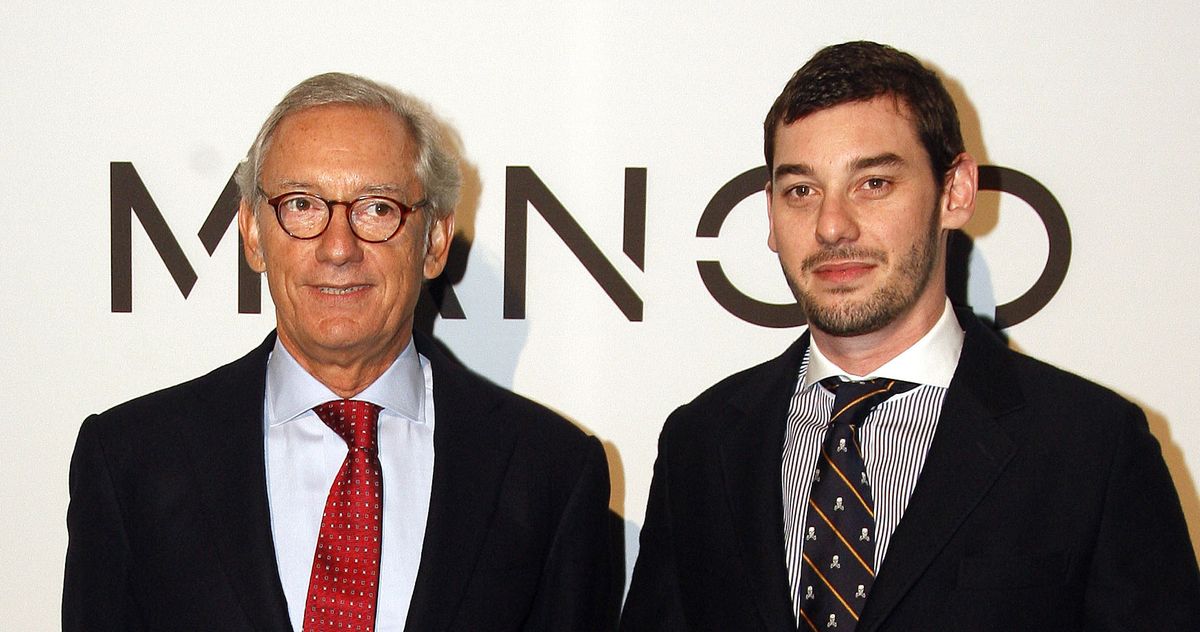Elon Musk's Shocking $1 Trillion Payday: Is Tesla Selling Out Shareholders?

Imagine a world where the CEO of a company earns more than the entire profit it has made over its entire existence—sounds outrageous, right? Well, that’s the reality Tesla shareholders might face as Elon Musk's board proposes a staggering $1 trillion stock award for him, all while the company’s sales are plummeting!
Tesla, long known for its grassroots marketing and reluctance to dive into traditional advertising, is changing its tune drastically. The goal? To push for an unprecedented reward for Musk, who has come under fire for his leadership as earnings continue to dwindle. Instead of running ads to promote its electric vehicles, the company is now spending on advertisements aimed at promoting this massive pay package.
In September, Tesla’s board announced a plan for Musk to receive up to $1 trillion in stock options, which would be unlocked by meeting various performance milestones. This proposal dwarfs all past CEO compensation packages, with previous Musk awards already holding the second and third spots for the largest in history. As shareholders prepare to vote on this eye-popping proposal at the upcoming meeting on November 6, a wave of concern is building over the implications for both the company's future and its employees.
Historically, Musk has claimed his disdain for conventional advertising, positioning Tesla as a brand that thrives on word of mouth and social media buzz. But with the new strategy in place, Musk appears to be exploiting employees’ stories in emotional advertising campaigns to garner support for his financial rewards. In one recent ad, employees shared personal anecdotes about how their Tesla stock allowed them to purchase homes or celebrate milestone events like quinceañeras. Such testimonials tug at the heartstrings, yet they gloss over the troubling reality where workers feel grateful for stock gains rather than fair salaries.
The absurdity amplifies when you realize that while Musk could potentially receive billions in stock, Tesla’s employees are left to vie for a mere fraction of that—60 million shares set aside as compensation for all staff compared to Musk's proposed 630 million shares if the board’s plans go through. This stark division has left many employees feeling undervalued, especially when their contributions are essential to the company’s success.
Further complicating matters, Tesla's board has a track record of dubious decision-making concerning Musk's compensation. Previous proposals have been rejected due to misleading tactics, yet the board persists in seeking lavish rewards for a CEO whose focus seems divided by multiple ventures. The current plan essentially places employees’ compensation in jeopardy, tying it to approvals for Musk's hefty pay package.
As the vote approaches, the pressure mounts. Will shareholders insist on a more equitable approach, or will they succumb to the allure of Musk's promises? The outcome could redefine not only Tesla's priorities but also the very landscape of corporate governance, where the interests of workers and shareholders must be weighed against the extravagant desires of a single individual.

















